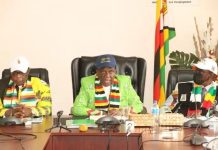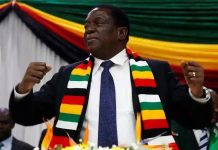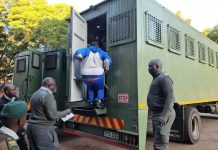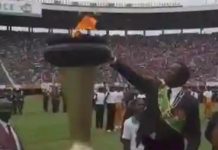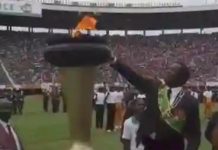PRESIDENT Emmerson Mnangagwa and his Zanu PF party have shifted focus to the 2023 election, less than two years into a five-year term, while admitting that the administration was struggling to fulfil key electoral promises of the previous poll.
Mnangagwa yesterday told a meeting of his party’s politburo to shut out “negative noise” despite Zimbabwe’s economy facing its worst crisis in a decade amid shortages of hard currency, fuel, medicines and rolling power cuts.
Rising inflation is also eating into the workers’ spending power, stifling industrial growth and last week the International Monetary Fund cut the economy’s growth forecast to 0,8% from an earlier projection of 3,3%.
After winning a disputed poll in July 2018, which left the southern African country deeply polarised, Mnangagwa wants his party to “intensify” preparations for an election that is over three years away, and proffered no solutions to dealing with the current crisis, where at least half of Zimbabwe’s roughly 16 million people need food aid after a drought last year.
“The 2023 harmonised elections are just around the corner and we should now begin to intensify our preparation,” he said.
“As you are aware, we are fast approaching the halfway mark since we held our last elections.
Each department of the party must revisit the manifesto to measure our progress in the implementation of the programmes laid therein.”
Zimbabweans rejoiced when Mnangagwa succeeded long time ruler, the late Robert Mugabe, who was forced out by his army in November 2017, but frustration over the lack of improvement in the economy and rising shortages have led to violent clashes with the opposition and angry workers, who also accuse him of shrinking the democratic space.
“The party cannot afford to be preoccupied with sideshows and negative noises meant to cause despondency among our membership. The party should remain united and disciplined with us as members of the politburo leading the way,” Mnangagwa said.
“We expect reports highlighting concrete milestones achieved to date. Those targets within the manifesto that are lagging behind must be highlighted and intervention strategies proffered. The party must deliver on its promises.”
He decried the inaudible “party and government voice” in national debates and urged discipline.
“We must be cautious when making comments in the opposition papers as their editorial policies seldom advance the interest of the party. Let us, therefore, shame our detractors who thrive on any mistakes we make or any disunity we display,” he said.
“In the same vein, we are observing continued worrisome trends to advance the regime change agenda, not only in Zimbabwe and Zanu PF in particular, but also within all former liberation movements in our region.”


